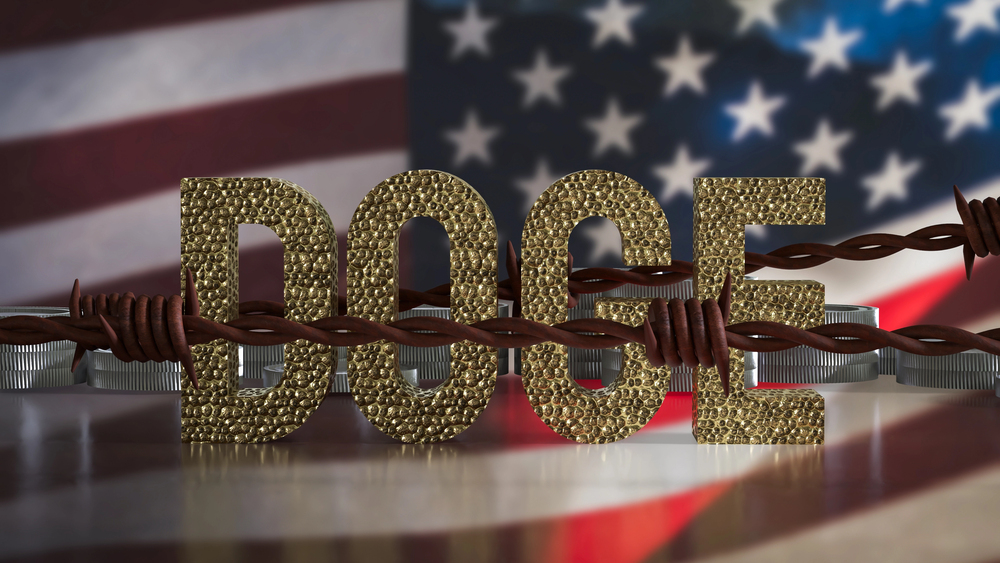The Enemy of Your Enemy is Not Your Friend
By Amy Willis
In this episode of EconTalk from January, Russ Roberts chatted with everyone’s favorite guest, Duke University’s Michael Munger about Elon Musk’s “Department of Government Efficiency” (DOGE) and the hope—or hype—behind delegating government slim-downs to big tech. As we’ve watched the DOGE drama unfold in the months since, it seems a good time to revisit this conversation.
When this episode was recorded, Roberts’ main question was: can Musk’s DOGE really shrink government bureaucracy? Munger, unsurprisingly, was skeptical. He argued that entrenched agencies, supported by robust statutory frameworks and career staff are nearly immune to reform. On the other hand, Roberts was cautiously optimistic, wondering if a dramatic shake-up might at least shift power dynamics—even if absolute success seems unlikely.
What do you think of each’s January stance in light of Musk’s departure from the government and the apparently limited success of DOGE? Was the effort always doomed to fail, or is there truth in the claims that there wasn’t really that much inefficiency to be found? We’d also be interested in reading your responses to the prompts below. Have a(nother) listen and share your thoughts with us today!
1- Very early in the conversation, Roberts states that he believes that moment to be the most libertarian moment of his lifetime. What examples does he use to make this case, and to what extent have these illustrations panned out since the first of the year? Late in the episode, he uses the term “cesarean” to describe the political moment in January. Is this a better metaphor? If so, why?
2- What are the two competing—and sometimes conflicting—impulses of libertarians (and classical liberals), according to Munger? What does Munger mean by “obedience to the unenforceable,” and why does he invoke the story of Odysseus and the Sirens to describe it? How might this challenge be lessened for policymakers?
3- In a related vein, Roberts bemoans the decay of [political] norms over time, noting that in many instances, the letter of the law has not changed, but many political rules are no longer enforced. Munger notes the history of budget deficits to illustrate. So, why are such huge deficits a modern phenomenon, if the institutions have allowed for it?
4- Munger praises fusionism*- the notion that libertarians and conservatives have common ground and should unite with regard to policy. He goes so far as to assert that conservatives and libertarians alone are ineffective; they need each other. Why does he say this, and to what extent do you agree?
* For a deeper discussion of fusionism, see this Great Antidote podcast episode with Stephanie Slade.

